Who Knows Tomorrow?
W HO K NOWS T OMORROW?
Uncertainty in North-Eastern Sudan
Sandra Calkins
Published in 2016 by
Berghahn Books
www.berghahnbooks.com
2016, 2019 Sandra Calkins
Paperback edition first published in 2019
All rights reserved. Except for the quotation of short passages for the purposes of criticism and review, no part of this book may be reproduced in any form or by any means, electronic or mechanical, including photocopying, recording, or any information storage and retrieval system now known or to be invented, without written permission of the publisher.
Library of Congress Cataloging-in-Publication Data
A cip record for this book is available from the Library of Congress.
LCCN 2015509576, https://lccn.loc.gov/2015509576
British Library Cataloguing in Publication Data
A catalogue record for this book is available from the British Library
ISBN 978-1-78533-015-5 (hardback)
ISBN 978-1-78920-089-8 (paperback)
ISBN 978-1-78533-016-2 (ebook)
C ONTENTS
I LLUSTRATIONS
A CKNOWLEDGEMENTS
Many people have encouraged this project in different ways. I therefore want to thank all who have supported me over the past years spent doing my research and writing this manuscript. My greatest thanks go out to the many Rashaida who shared their life with me, particularly Hamda and her daughters, who took me into their home. I thank them especially for their hospitality and for enduring my intrusive presence in difficult circumstances.
I want to thank Ursula Rao for critically reading various drafts of the chapters; this work owes much to her thoughtful criticism. Special thanks also goes to Richard Rottenburg, who encouraged this work intellectually. I am grateful to him for inviting me to join the Law, Organization, Science and Technology (LOST) group. Working in the field between anthropology and STS inspired the theoretical outlook for this book, and the new approach advanced for Sudan ethnography and anthropology is closely connected to debates taking place in LOST.
I further want to thank Susan Reynolds Whyte for her intense and critical reading of this manuscript, and for offering much cherished advice. Thanks to members of the LOST group who have read and commented astutely on various draft chapters and helped me to improve them. I want to thank Enrico Ille for his ethnographic commentary and for providing useful suggestions. I want to give my special thanks also to Guma Kunda Komey for many insightful conversations on Sudan. Thanks are also due to my colleagues Janka Linke and David Kreuer for their friendship and stimulating exchanges.
I want to express my gratitude to Jrg Gertel, who invited me to join an interdisciplinary research programme, funded by the German Research Foundation (DFG), where I secured a position and money for field research. I would also like to thank Gnther Schlee for arranging for me to be associated to his department at the Max Planck Institute for Social Anthropology. This provided me with an excellent infrastructure within which to read and compose the manuscript. Thanks are due to the University of Khartoum, but in particular Musa Abdul-Jalil for his long-standing intellectual and administrative support in Sudan.
I thank Lea Bauer for preparing the maps and figures and am grateful to Paul Tyler for proofreading chapters. Many thanks also to Molly Mosher and Charlotte Mosedale at Berghahn. Any remaining errors are my responsibility. Finally, I thank Marco and Hannah for their patience.
N OTES ON T RANSLITERATION
I value readability for a non-Arabist audience more than exact scientific transliteration and thus have introduced a number of compromises as well as idiosyncrasies. The transliteration of Arabic is generally done according to the transliteration guide of the
International Journal of Middle Eastern Studies (IJMES, ), which is a modification of the transliteration system of the
Encyclopedia of Islam. Accordingly, to enable easier reading, diacritical marks and italics are only used for technical terms and not for personal, group or place names (apart from
cayn and
hamza in names). For example,
dr as a technical term bears the diacritical mark, but it is not used in the place name Darfur. I use technical terms sparingly. For the sake of clarity I cite only the standard Arabic transliteration of technical terms, which corresponds to the written form of words (
miskn instead of
misn), and do not follow the Rashidi dialect, which has a strong Gulf inflection (instead of
k, Rashaida often say ). Words in the
Websters Collegiate Dictionary, such as jihad or sheikh, are not considered technical terms. I refrain from transliterating technical and administrative terms (
nazir/nazarah instead of
n ir/na
ir/na ra, omda/omodiya
ra, omda/omodiya instead of
cumda/cumudya) introduced by the British colonizers, as these are commonly known to readers of Sudanist literatures. I use accepted English spelling for names and places; when there are no common or preferred English spellings, merely
cayn and
hamza are added. However, I do not commonly use
cayn in personal or place names with the letter A (not cAli but merely Ali, although I do use it with the letters U and I, i.e. cUbeid or cId).
L IST OF A BBREVIATIONS AND G LOSSARY
awld camm (Ar.; sg. wad camm): fathers brothers sons
bayt (Ar.): house; also nuclear household
CPA: Comprehensive Peace Agreement
dr (Ar.): circle, territory; also extended household
dhuw (Ar. d uw): literally those of (to be followed by senior mans name); extended household
DUP: Democratic Unionist Party
feddan (Ar.): measurement unit for land: one feddan equals 0.420 hectares
GRAS: Geological Research Authority of the Sudan
karma (Ar.): value and norm of generosity; also grace and nobleness (opposite of
ta aud
aud)
khor (Ar.): seasonal watercourse
mar /mar
/mar n
n (Ar.): sickness/sick
Native Administration: system of indirect rule through local headmen, established under British colonial rule
Nazarah (Ar.): territory of a Native Administration
Nazir (Ar.): head of a Native Administration
NCP: National Congress Party, the present ruling party in Sudan (which emerged out of the National Islamic Front)
NGOs: Non-Governmental Organizations
rakba (Ar.): tent-like hut of wood and cloth
ru al
al: a standard weight, 449.28g
RFL: Rashaida Free Lions; ethnically oriented political party mainly of eastern Sudan
SDG: Sudanese pound, former currency in Sudan, which replaced the Sudanese dinar in 2007, and was in turn replaced by the new Sudanese pound in July 2011


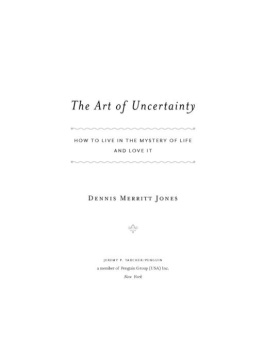
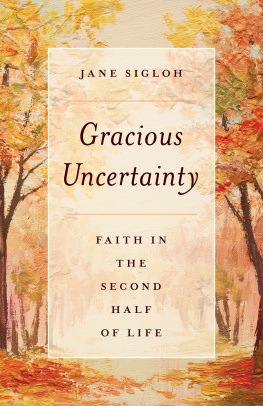
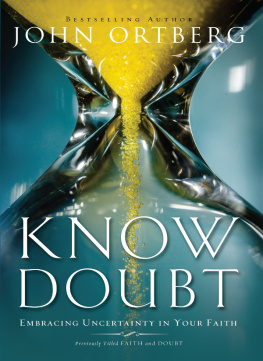
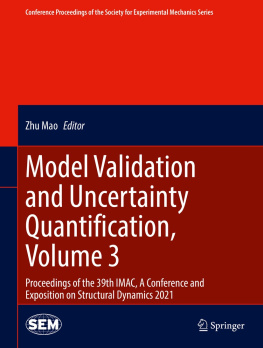
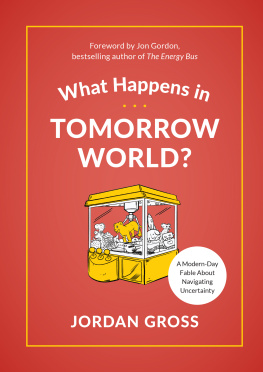
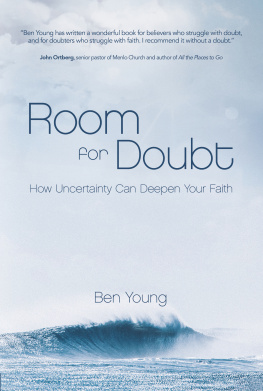
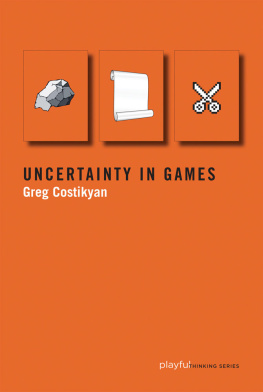

 ir/na
ir/na aud)
aud) /mar
/mar al: a standard weight, 449.28g
al: a standard weight, 449.28g